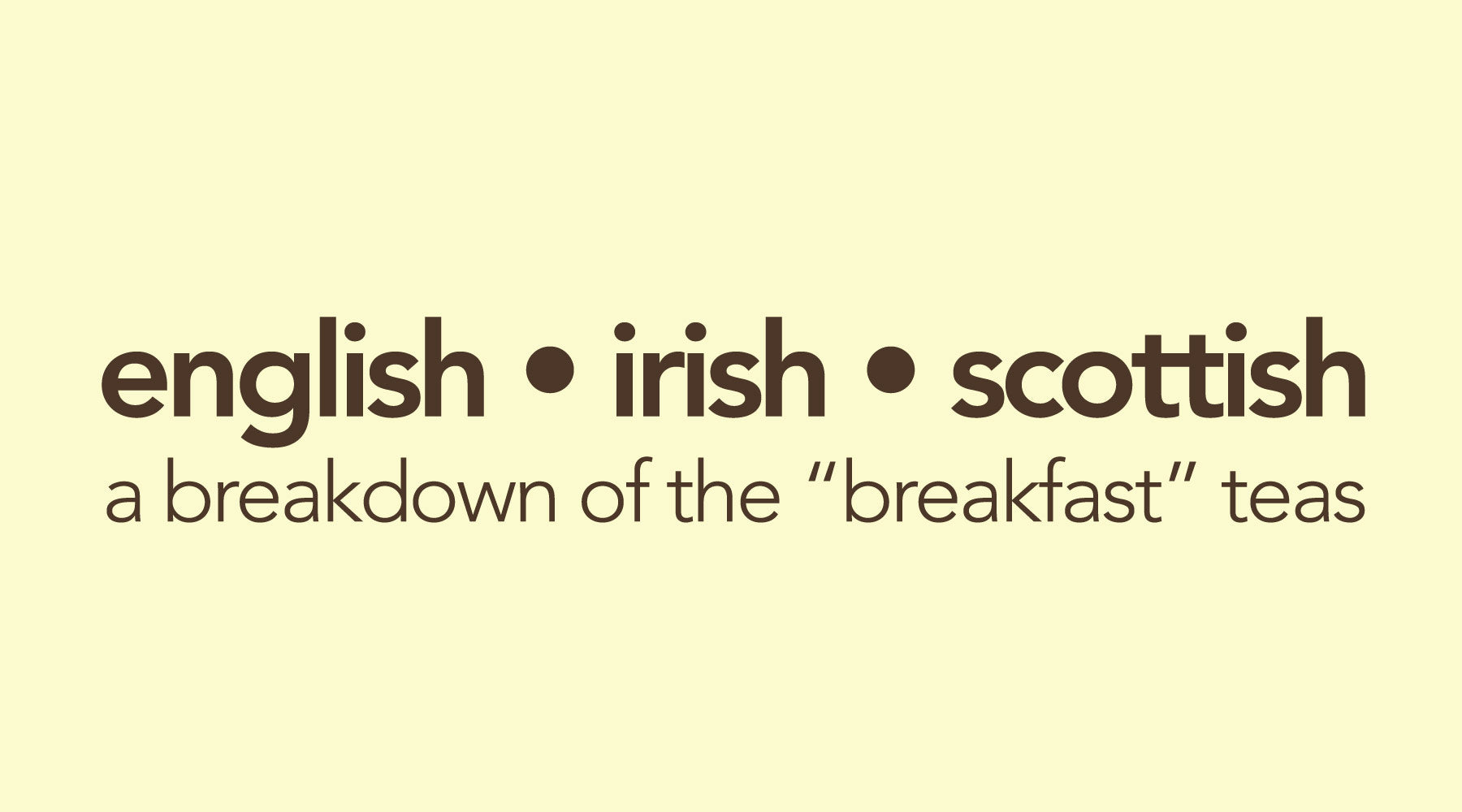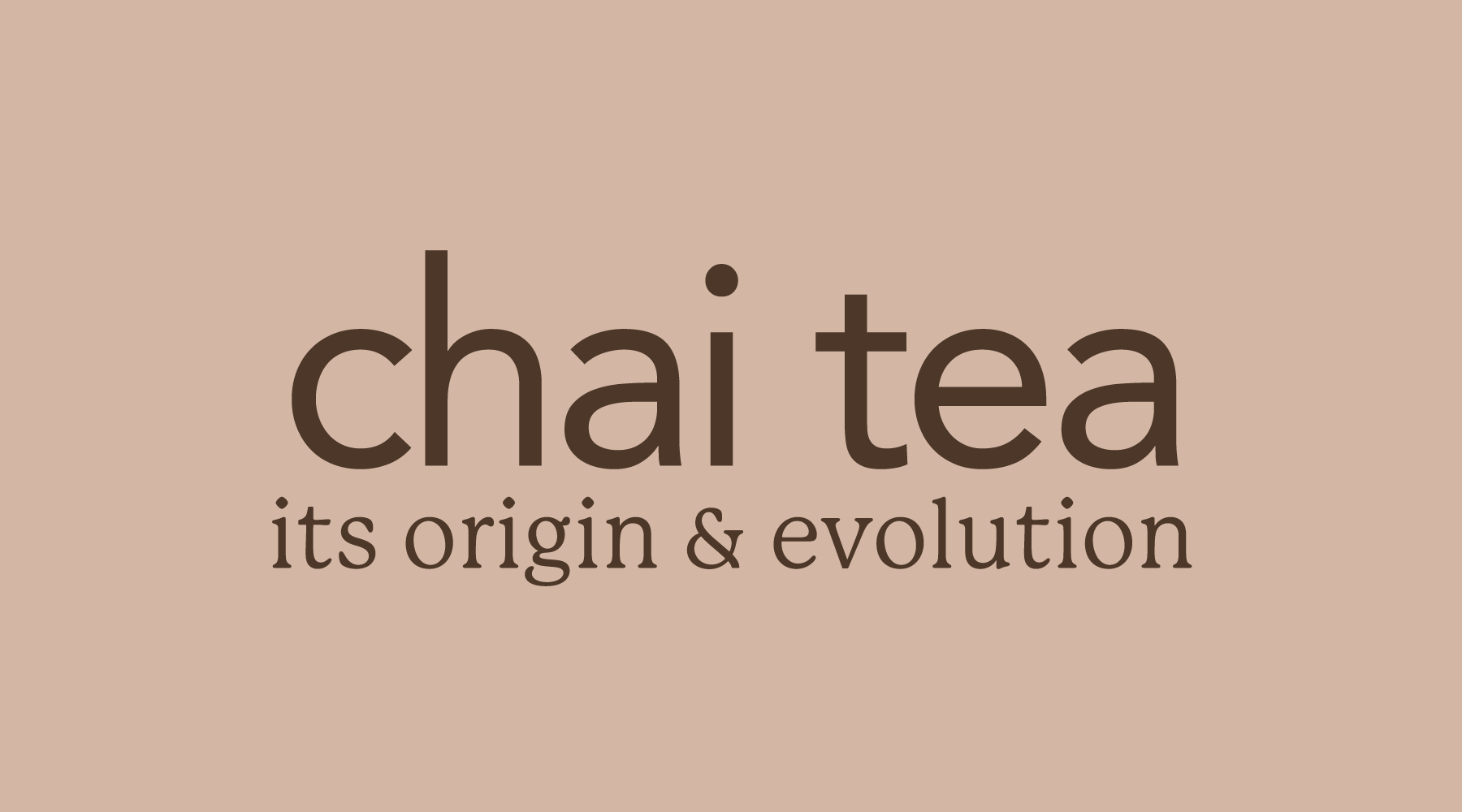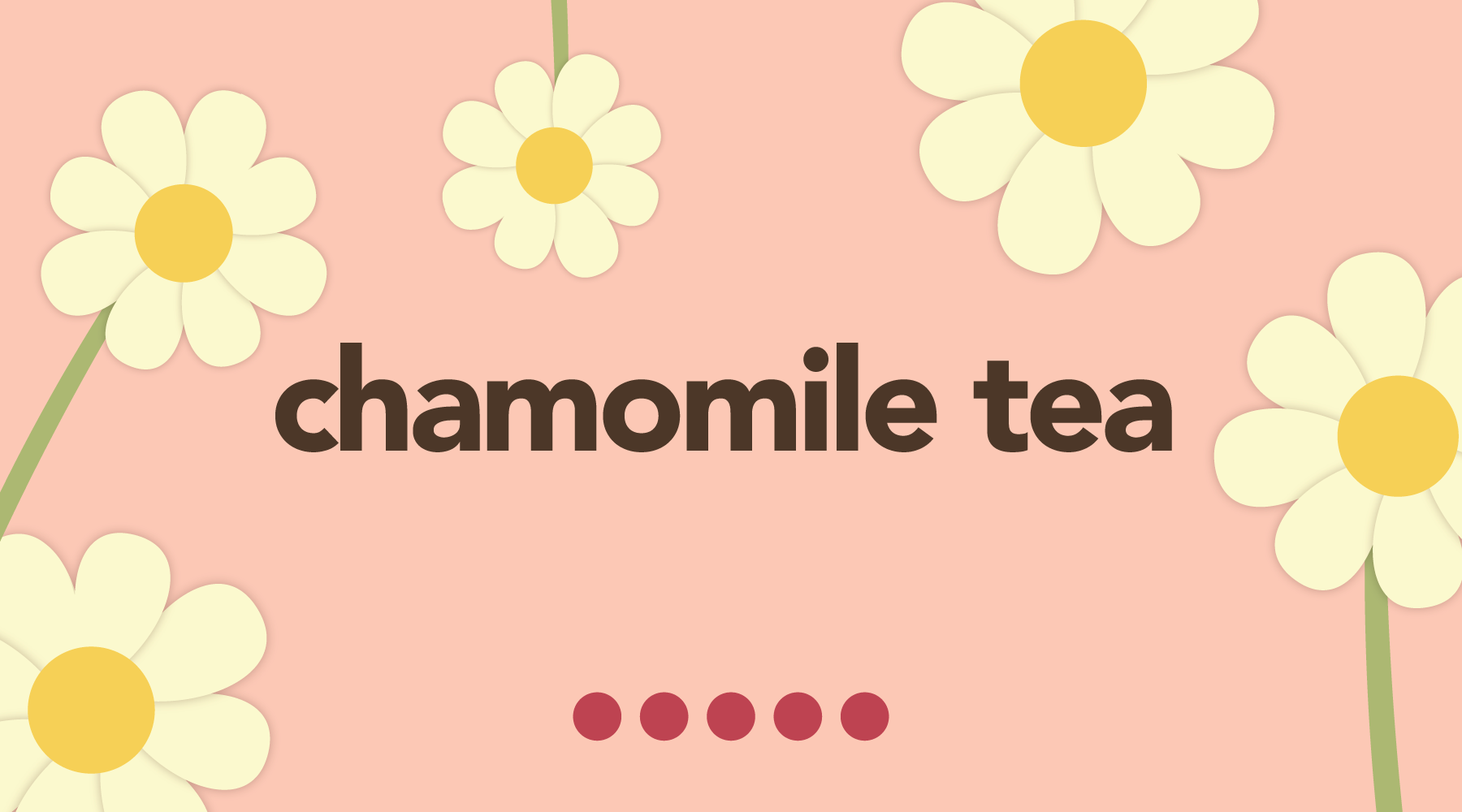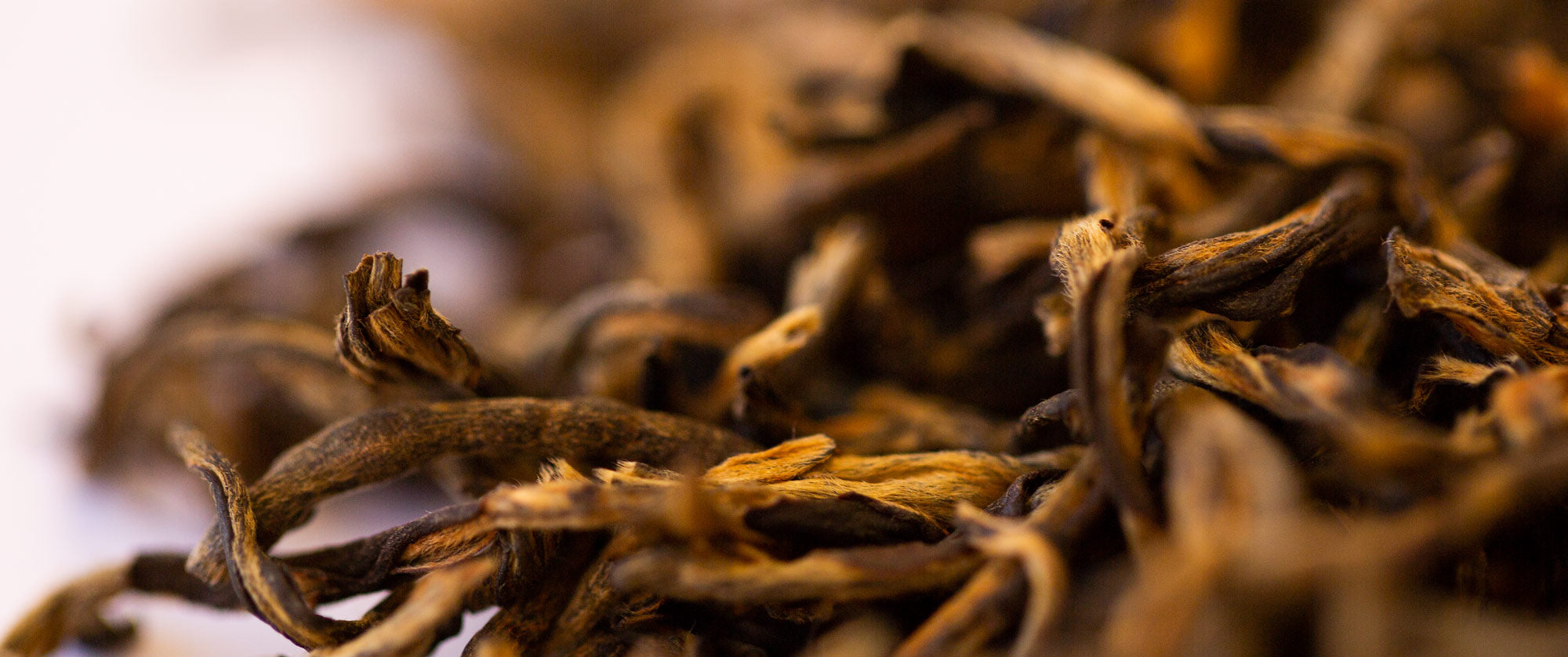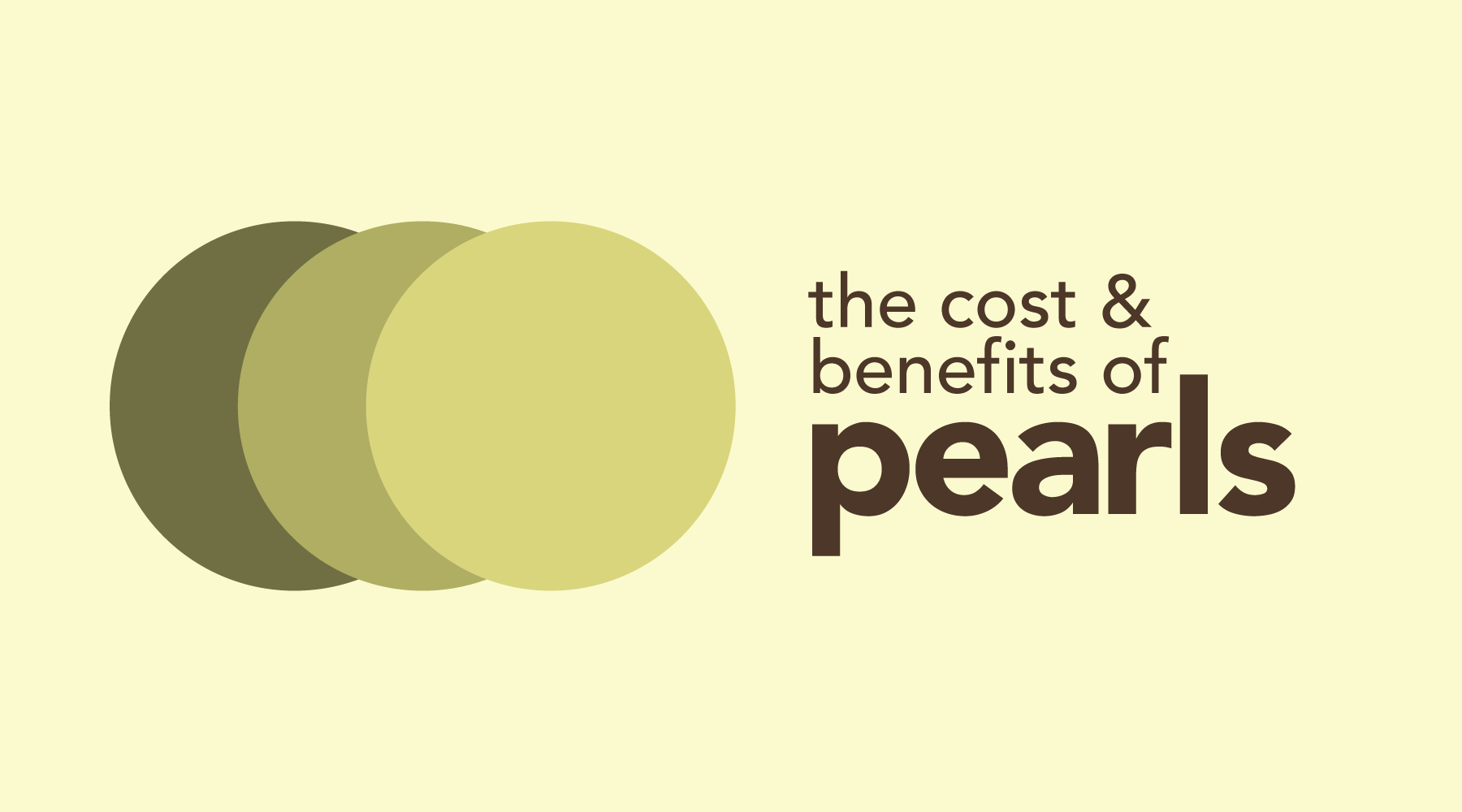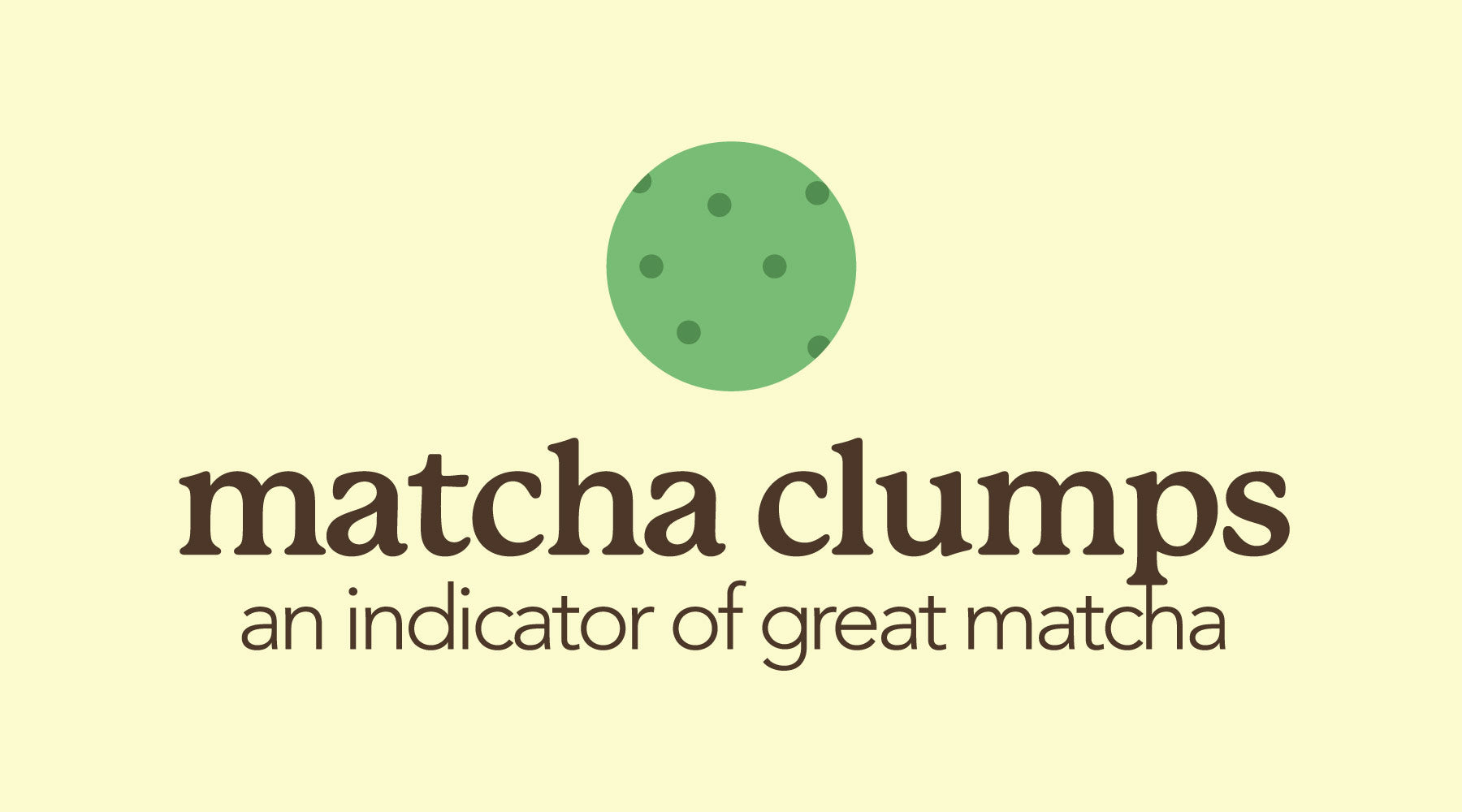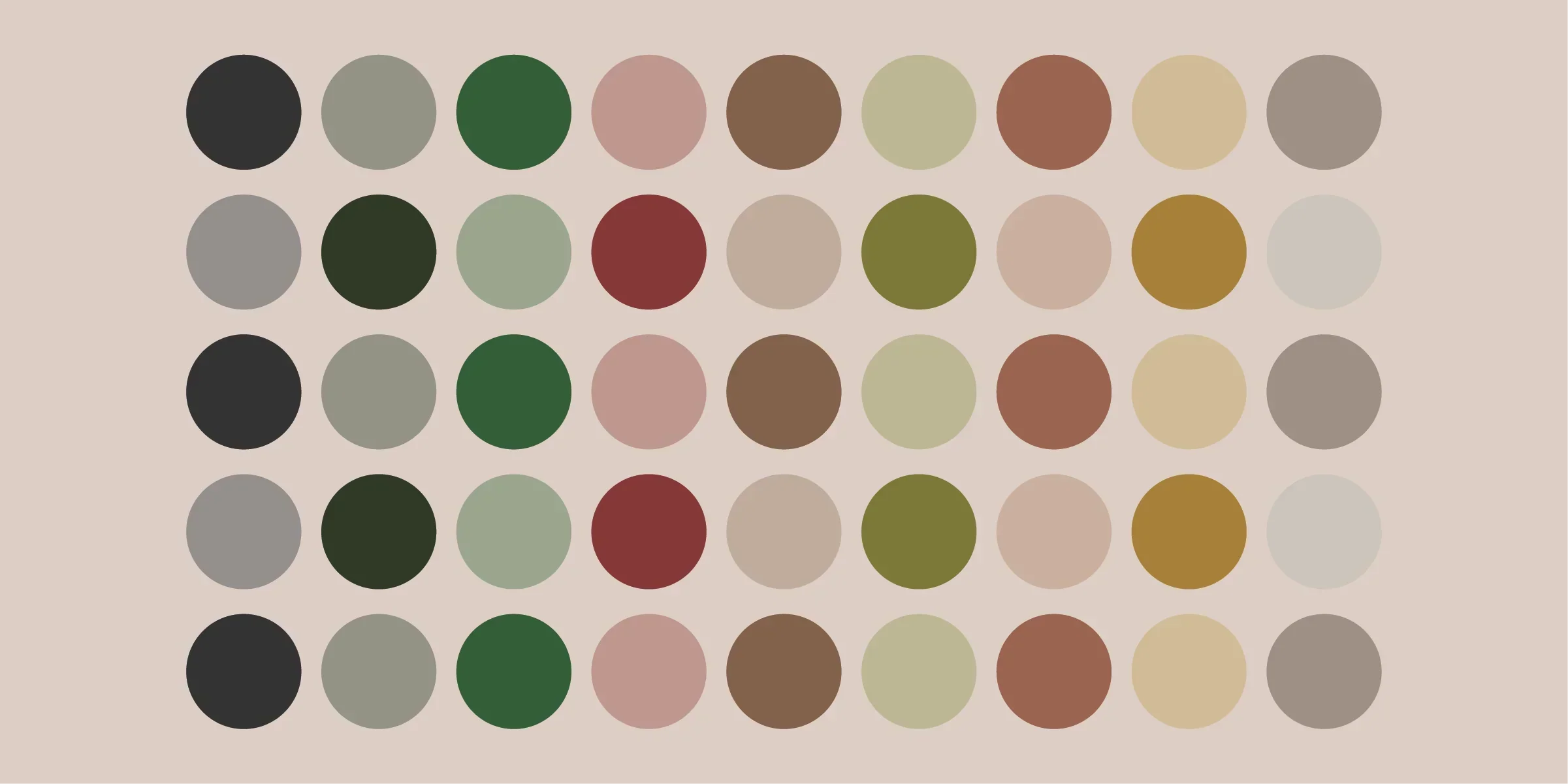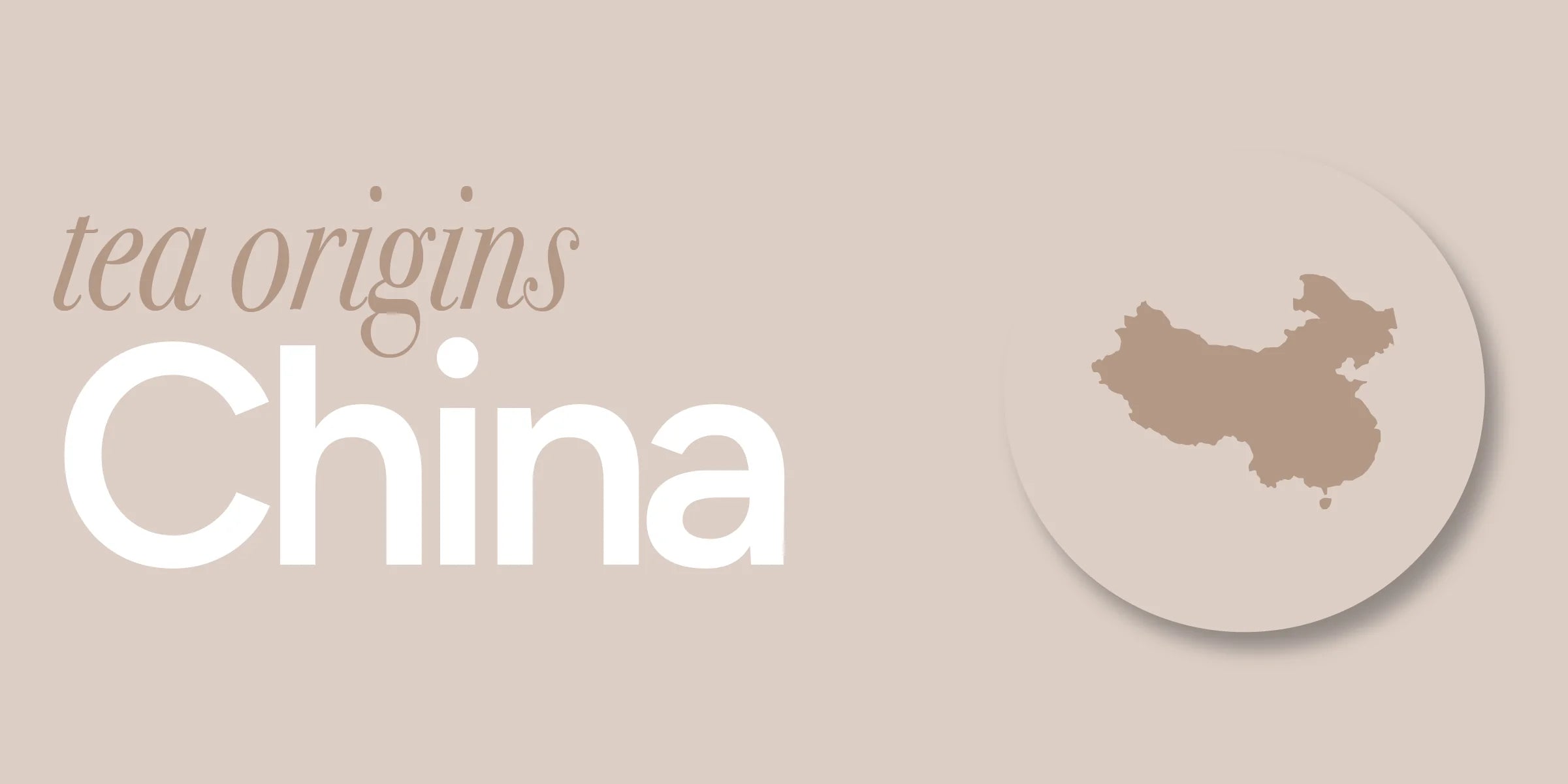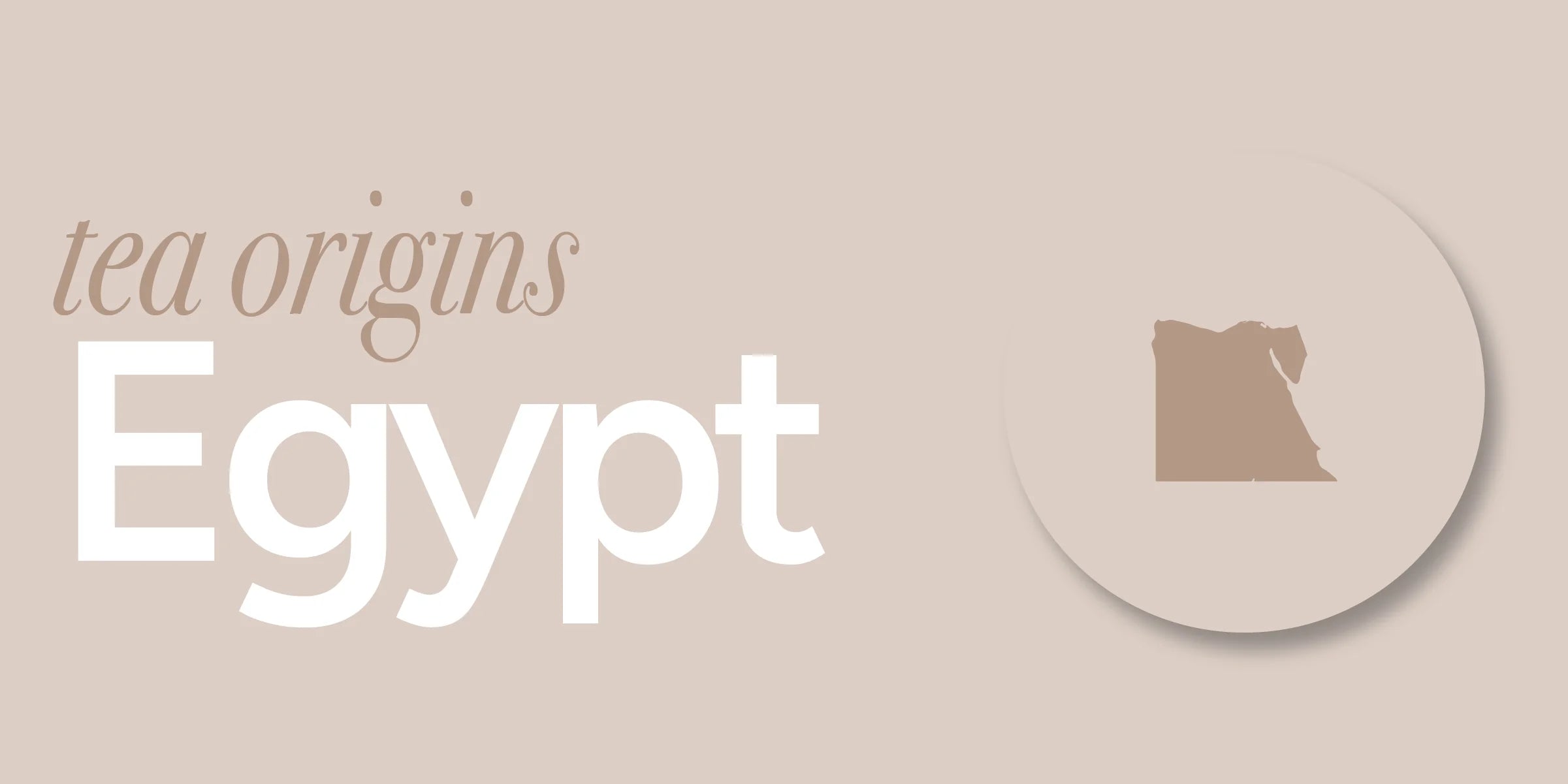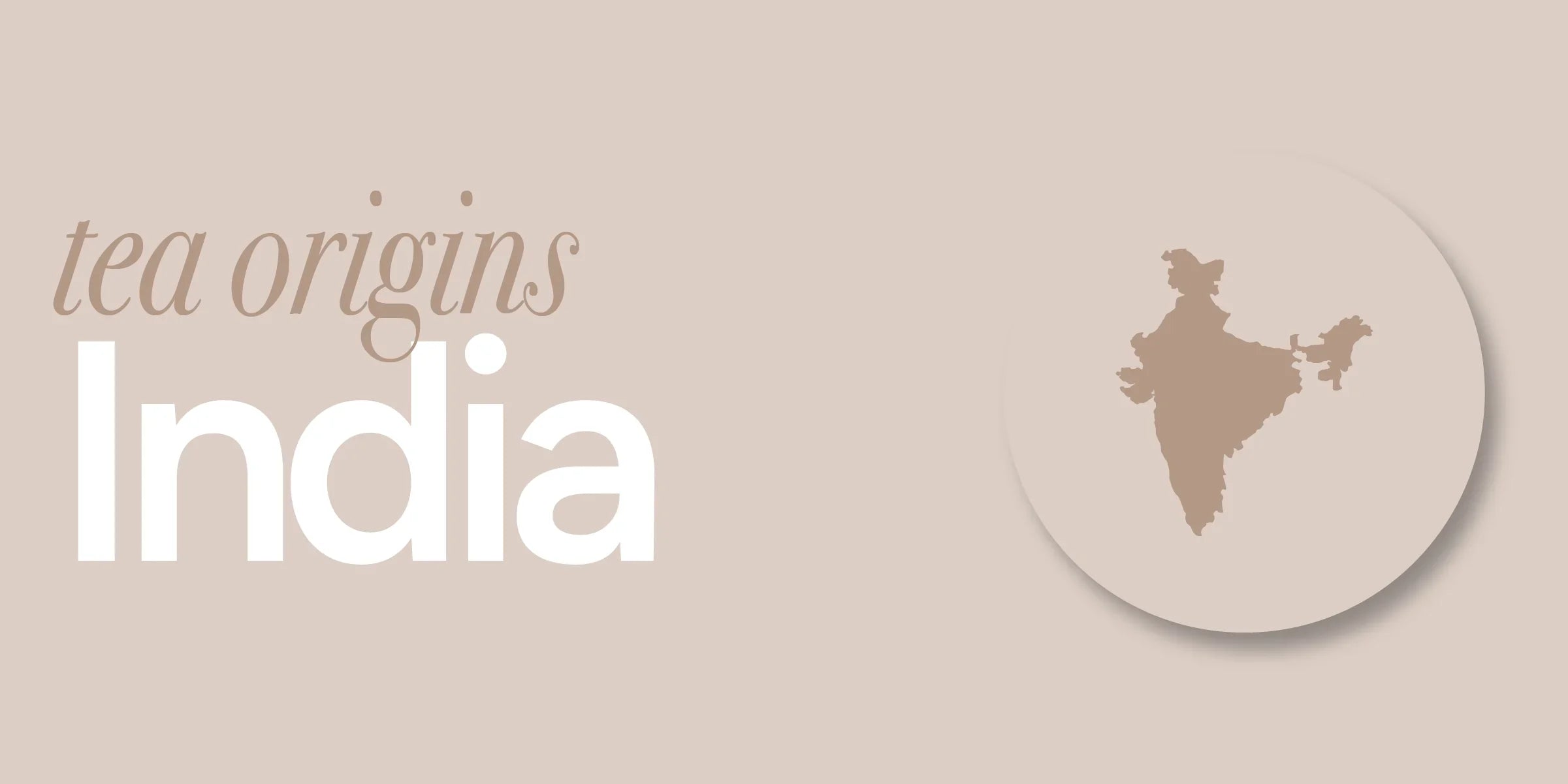Earl Grey and Blue Lady are very similar in both recipe and history, yet they offer unique drinking experiences. There are times when you feel like having a bold and aromatic tea, and there are times when you prefer a more subdued and smooth experience. The difference may be subtle but it is worth noting. So, what makes them distinct from each other, and which should be your classic black tea of choice? Hopefully, our brief descriptions below can assist you with that difficult decision.
We think Earl Grey is perfect for the times you're looking for a strong and very aromatic tea experience. Earl Grey has a unique aroma and flavor, but where does it come from? Not from the tea leaves themselves, but rather from Bergamot oranges. Bergamot oranges originated in Italy and can be grown in many world regions, including here in the hot and dry Arizona desert. Even though they can grow in many regions, they're often hard to find. Although it's a citrus fruit, it's not eaten fresh, and despite its aromatic smell, oranges are very sour. For the most part, the modern use is its oil. Historically, indigenous people used Bergamot juice and oil for medicinal purposes to treat ailments like acne, fever, depression, and more. Today, people generally use the oil and not the juice. People still use it for medicinal reasons in addition to flavoring food and adding scent to perfumes and colognes. Our Earl Grey here at Hackberry Tea is made with back tea, orange, natural Bergamot flavor, and blue cornflower. If you smell Earl Gray, you can tell it's somewhat perfume-like with exceptional sweetness.
There are a lot of theories about how Earl Grey Tea came to be. One story suggests that Bergamot oranges and tea were shipped together at the request of Earl Charles Gray, who was Prime Minister of England from 1830 to 1834. It's thought that the essence of the fruit was absorbed into the tea resulting in the first cup of Earl Grey. Other accounts suggest that a Mandarin friend of the Prime Minister created the blend to minimize the bad taste of the water at the Grey estate. Another theory is that a London Tea house released the blend because the Prime Minister requested it. We will probably never know the real story. What we know with certainty, however, is that the British and many others around the world love Earl Grey Tea.
What if you're not in the mood for the strong aroma and flavor of Earl Grey but want a unique but gentler experience? We suggest trying our Blue Lady Black. Like Earl Grey and its unique ingredient of Bergamot, Blue Lady Black has its own special ingredient, Orange Pekoe Black Tea. The ingredients of our Blue Lady Black are South Indian Flower, Orange Pekoe Black Tea, all-natural tropical flavors, hibiscus flower, orange peel pieces, and cornflower petals. Orange Pekoe doesn't come from any fruit. It's a grade of black tea based on the leaf and its location on the plant. It's picked at the first flush, which makes it very special. The timing of the first flush may be different depending on the region, but generally, it's the first harvest in the spring. The first flush is often considered the highest quality and is usually the most expensive. When the best leaves from the first flush are plucked, you know you're getting the best of the best. Since tea harvesting stops before winter, leaves have the entire winter to grow, making the first flush the most fortified by the soil and nutrients. These leaves also grow slower than other flushes because of weather conditions. The slower growth and time allowed to elapse before the harvest allows the leaves to contain the most antioxidants and nutrients. When you drink our Orange Pekoe Black Tea which is in our Blue Lady Black, you're drinking some of the most premium tea leaves available. Orange pekoe black tea is what makes Blue Lady Black a very special tea.
Blue Lady Black is considered a brighter and more fruity variation of our Earl Grey Black. Both provide a unique experience in their own way. Both are black teas, so they have caffeine. If you're looking for a caffeine-free option, however, we do offer caffeine-free Earl Grey.
keep reading tea articles
English, Irish, and Scottish Breakfast Tea
Drinking hot tea has been a longstanding tradition in Europe, specifically in the United Kingdom. English, Irish, and Scottish breakfast teas have been a staple for many households for their bold flavors and tannin levels. Breakfast teas were produced to...
Chai Tea 101 | Origin & Evolution
Chai is one of the most popular tea drinks globally. But did you know it’s not actually a tea type like black or green tea? Instead, it’s a spiced blend—often with black tea as its base—mixed with aromatic ingredients like...
Chamomile | The Simple Base to Many of Your Favorite Teas
In our conversation about the ingredients present in many of our teas, let's talk about chamomile. When we think of chamomile, words like rest, calm, healing, and a good night's sleep come to mind. These are all positive things! Therefore,...
Why Is Golden Monkey So Pricey?
Golden Monkey is widely considered one of the finest teas you can access in the US. Its near-sweet taste and smooth finish make for a delicious light cup of black tea fit to perk you up during a drowsy early...
The Costs & Benefits of Pearl Tea
Loose leaf tea comes in many different shapes, sizes, and variants, but none are as unique as rolled pearls. Pearl tea is a loose-leaf tea that is made by the hand rolling of Jasmine tea leaves (there are black tea...
Matcha Clumps | An Indicator of Great Matcha
There are many different ways of getting your caffeine kick in the morning. You can drink coffee which is probably the most popular way to get a good dose of caffeine. But, you might not be a coffee drinker, so...
shop these recommended teas
From $ 10.25
From $ 9.50
learn the fundamentals of tea
Black Tea 101 | History, Processing, and Health Benefits
Hot. Iced. Sweetened. Unsweetened. You may think you know it. You may have been drinking it your whole life.
But there are intricacies about black tea that are fairly unknown and truly staggering. It has started wars, been used as currency, and is the most popular type of tea in the world. But there’s more to this tea than banknotes and bloodshed and bottom lines. There’s history and processing and health benefits and more!
Tea 101 | A Brief Overview of the Tea Plant
It’s started wars, been used as currency, and–aside from water–it is the number one most consumed beverage in the world. What is it? Tea, of course! Tea may seem simple at first. It is, after all, just steeping leaves in...
China | Tea's Birthplace and Top Producer
Of all the tea origin stories, the history and evolution of tea in China is the most influential. Tea cultivation and consumption began here, making tea a deeply embedded part of Chinese culture since before the third century. Originally, monks...
Egypt | Historical and Cultural Impact of Tea
The art of drinking tea has significantly influenced many different regions and cultures for centuries. We have learned about the first discovery of tea in China and its migration through Europe and India. Now, this beloved beverage is consumed...
Fruit Tea 101: History & Benefits
Fruit tea, served hot or cold, is naturally sweet and deliciously refreshing. But what exactly are we drinking when we drink fruit tea? Well, for starters, it may surprise you to hear that fruit tea is not technically ‘tea’. Tea...
India | A Top Producer of Our Favorite Teas
The History of Tea in India: How They Became a Top Producer of Our Favorite Teas India and China are the two countries that contend for the title of “World’s Largest Tea Producer,” but their competition is a relatively recent...


